In today’s post, Algonquin Provincial Park‘s David LeGros wishes everyone a happy Darwin Day!
Today, it seems that we know so much about the world around us: how it works, what lives here, and what threatens it.
Truthfully, it would be arrogant to think that we know it all — we don’t.
Discovering and explaining how the natural world works involves a lot of observations, patience, note-taking, comparisons, and creativity. It means spending time out in nature, observing the changing seasons, looking at how organisms interact with each other, their prey and predators, and their respective habitats.
Scientists have documented a great deal of life on Earth, but many species still remain undiscovered and understudied, and lots are only described and named and we know hardly anything more.
People who spend time in nature, trying to unravel some of these mysteries by making observations, are called naturalists.
What’s a naturalist?
A simple definition is “a naturalist is an expert of student of natural history.”
I do like this definition, but if ever you have met an expert on a topic, they are usually quick to say that there is still so much to be learned and may modestly put themselves in the student rather than expert category.
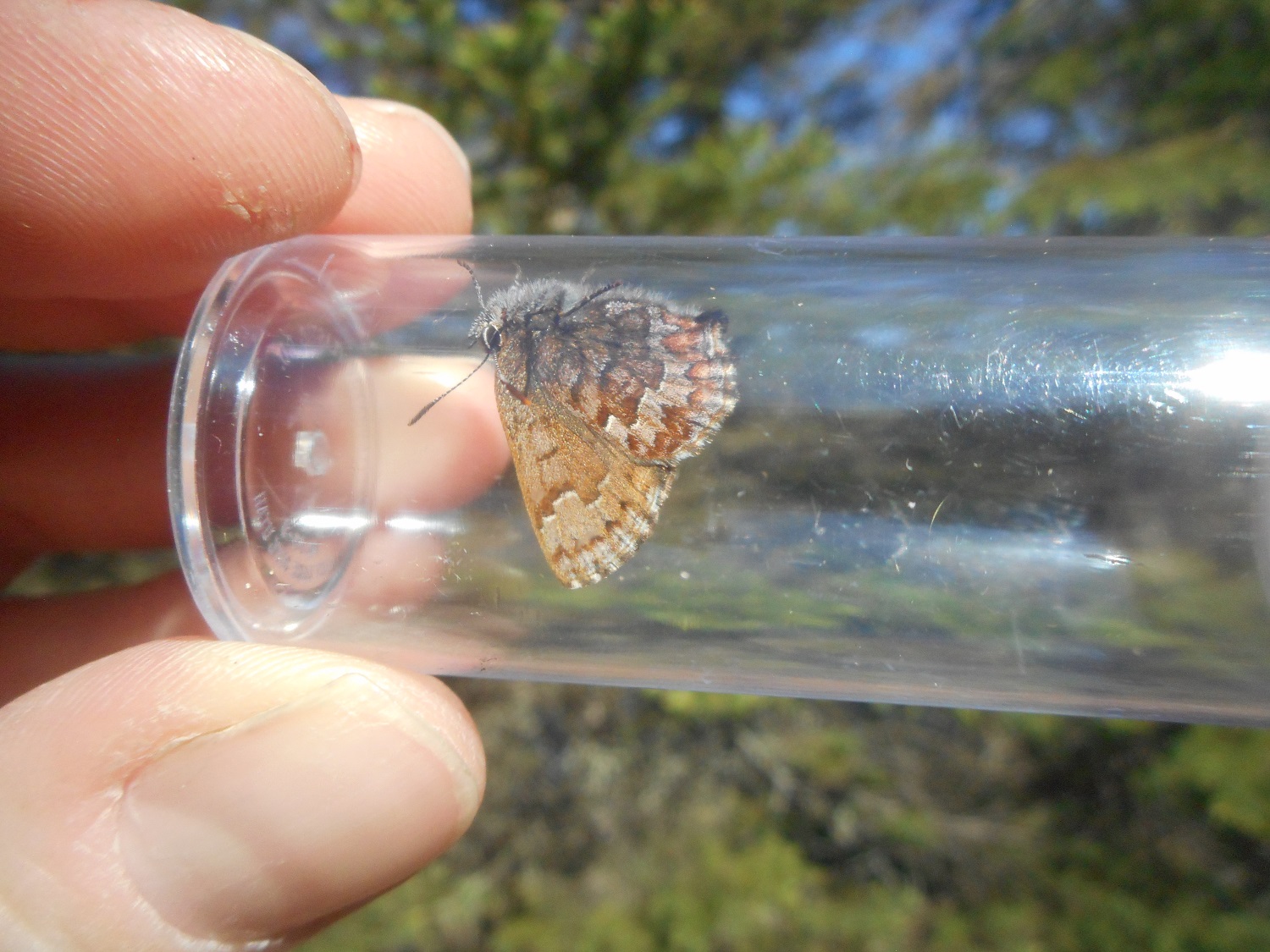
Being a student also implies that one is always learning, and I feel like that is where naturalists like to be.
Perhaps the most famous naturalist is Charles Darwin

Darwin was always a student of natural history, from the time of his youth to his death in 1882. Among his most notable endeavors included a five-year voyage around the world acting as the ship’s naturalist on The Beagle, publishing several important works on geology, natural history, natural selection, and evolution.
Through his experiences in nature, and the observations (and those of his colleagues) made over his lifetime, he was able to draw new conclusions about how nature works.
Darwin not only made observations that would become the foundations of his theory, but he also used nature as a sort of meditation.
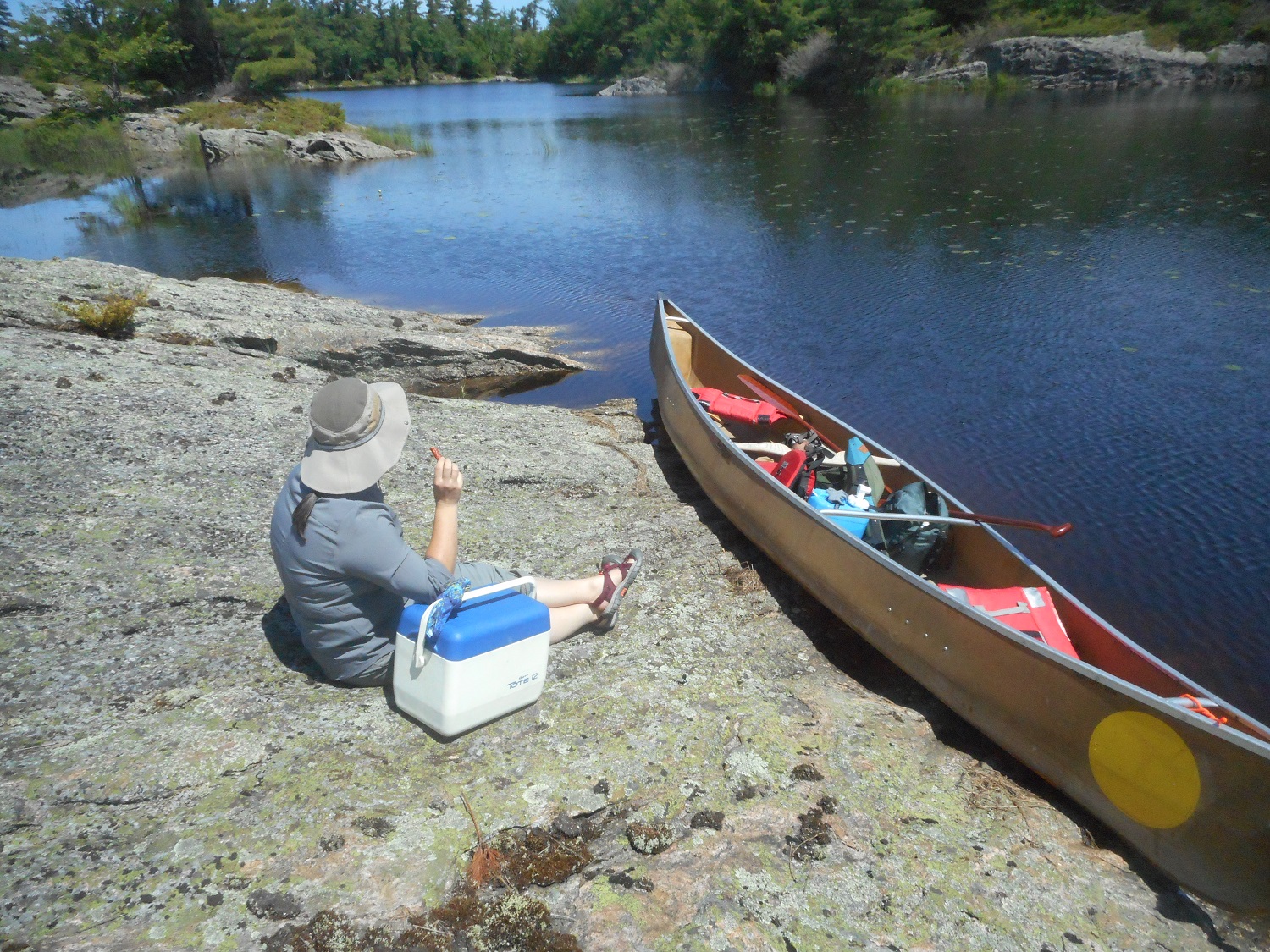
When faced with difficulties, stresses or intellectual problems, he would take to a path near his home that he called “The Sandwalk.” Here, in motion and in nature, he could contemplate ideas and solutions. Darwin knew that time in nature was good for him, and it is tempting to think that he would be a supporter of Healthy Parks, Healthy People.
Happy Darwin Day!
Darwin helped us understand how nature works, and highlighted the value of curiosity, patience, observation, taking careful notes, and working with others.
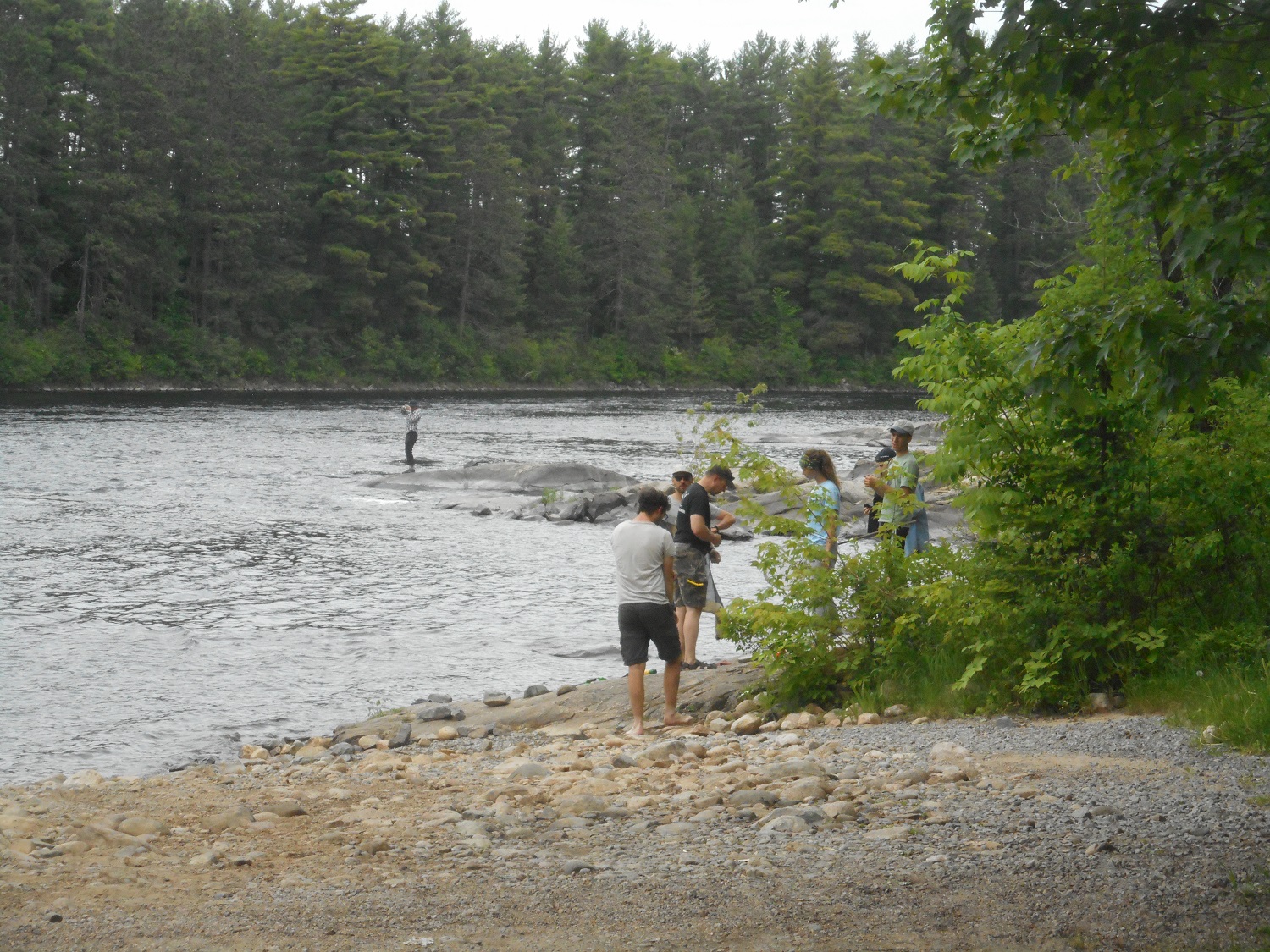
On February 12 (Darwin Day!), the 213th anniversary of Darwin’s birth, we celebrate not only his achievements, and the flurry of scientific discoveries built on his work, but also the work of others who contribute to our understanding of how nature works.
While very few of us will ever contribute anything as monumental as Darwin has, we can all contribute incrementally to science.
We can:
Be citizen scientists
Today, we can easily contribute to citizen science projects, like iNaturalist and eBird, to help document the occurrence and distributions of plant and animal species.
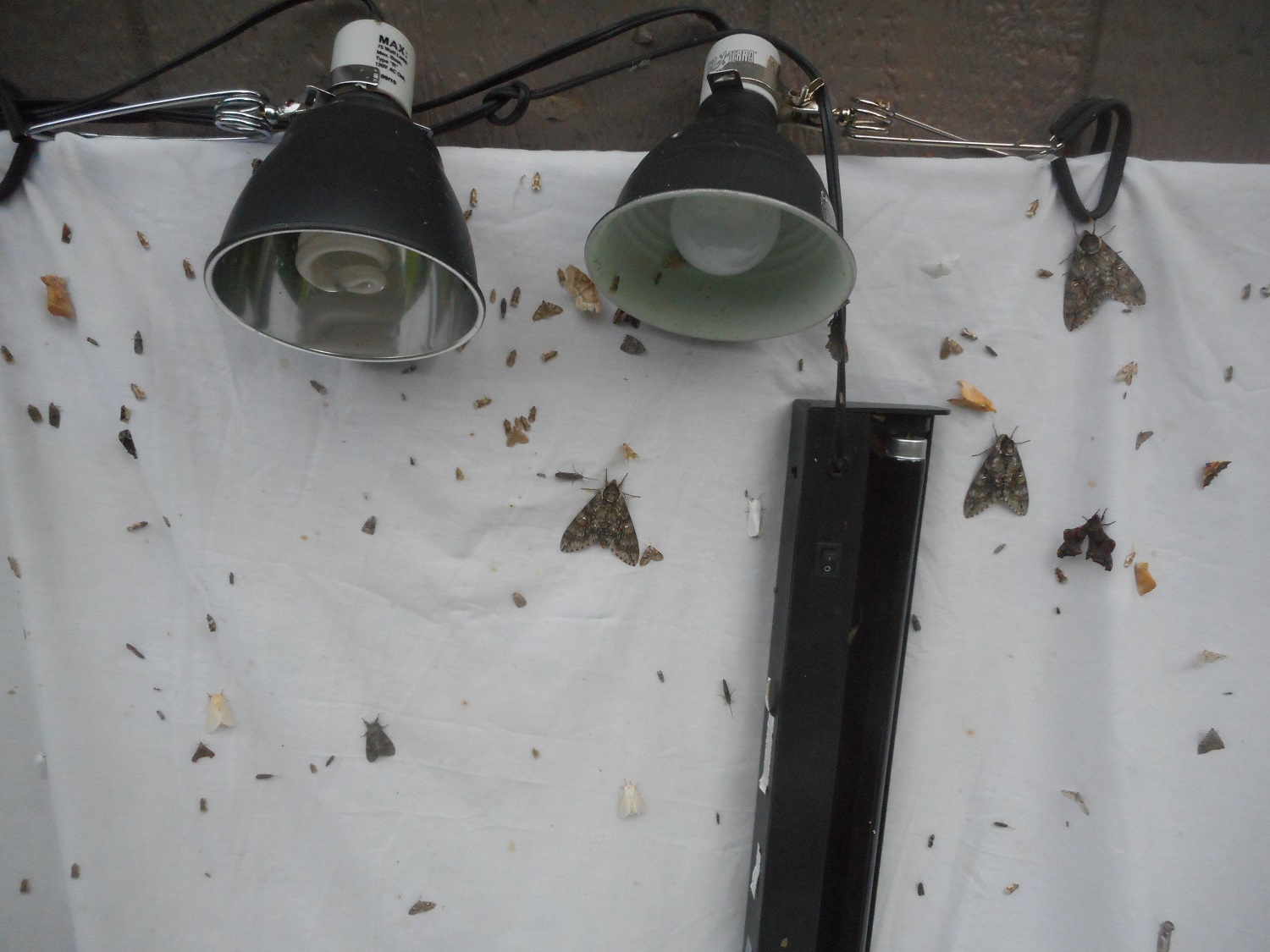
This data is now being used by biologists and scientists to help conserve wildlife and habitats, manage invasive species, or simply just to know what lives there. At Ontario Parks, there are over 185,000 observation from staff and visitors on iNaturalist alone.
Even if you don’t use these platforms, simply by visiting parks, you help support and protect the landscape.
Support provincial parks
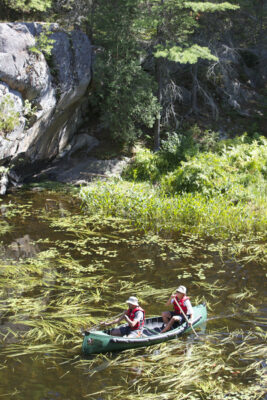
Our parks act as natural, living laboratories where scientists can protect and study species and habitats. Ontario Parks protects 9% of Ontario’s landmass, targeting unique and representative habitats, preserving them and their residents in perpetuity.
Hundreds of research projects take place annually in Ontario Parks, and this work identifies biodiversity, and tests conservation practices and habitat restoration initiatives.
Your entry fees go directly to supporting the research and conservation work that happens here.
Treat our parks with love and respect
The people who work in our parks care about nature, and they want you to care about them too.
Our parks are more than just beaches and selfie backdrops. Many of the habitats in parks are rare, and sensitive.
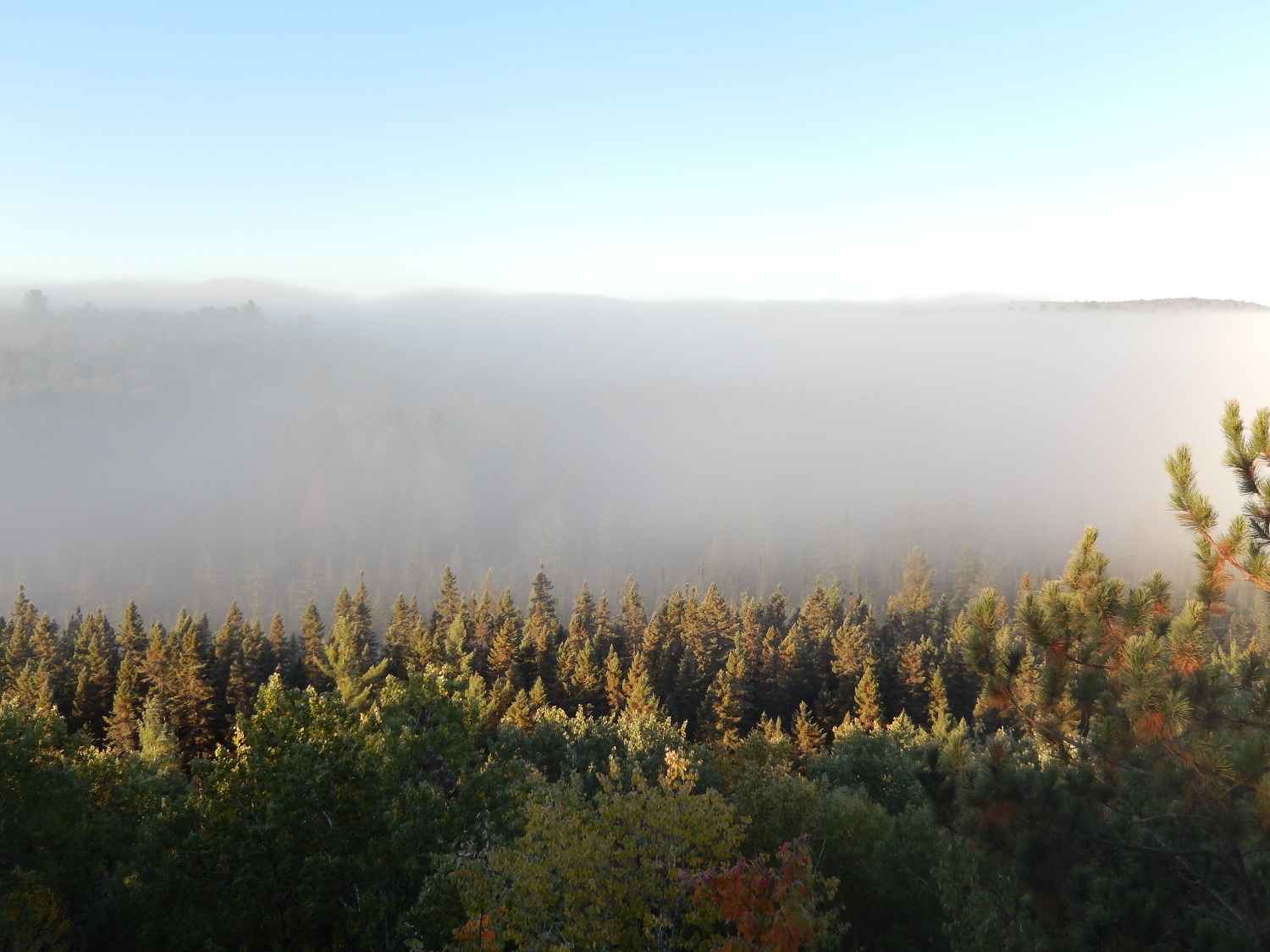
If we ask that you treat the land with respect, please do. You may not know what is at risk, but we do. In many cases, it is irreplaceable.
In a world with shrinking natural space, we work hard to preserve what we have.
Come to nature with a sense of curiosity
We might never take a five-year trip around the world on a ship, or observe the flora, fauna, and geology of different continents to help us develop a ground-breaking theory, but we can take lifelong trips to our favorite places, to enjoy and understand them in some small way.

While you are there, connect with our naturalists, our Discovery staff. They are excited to share their knowledge and passion for their park with you.
On this Darwin Day (and every day), be curious about the world around you. It’s the only one we have, and it is still full of mystery.
